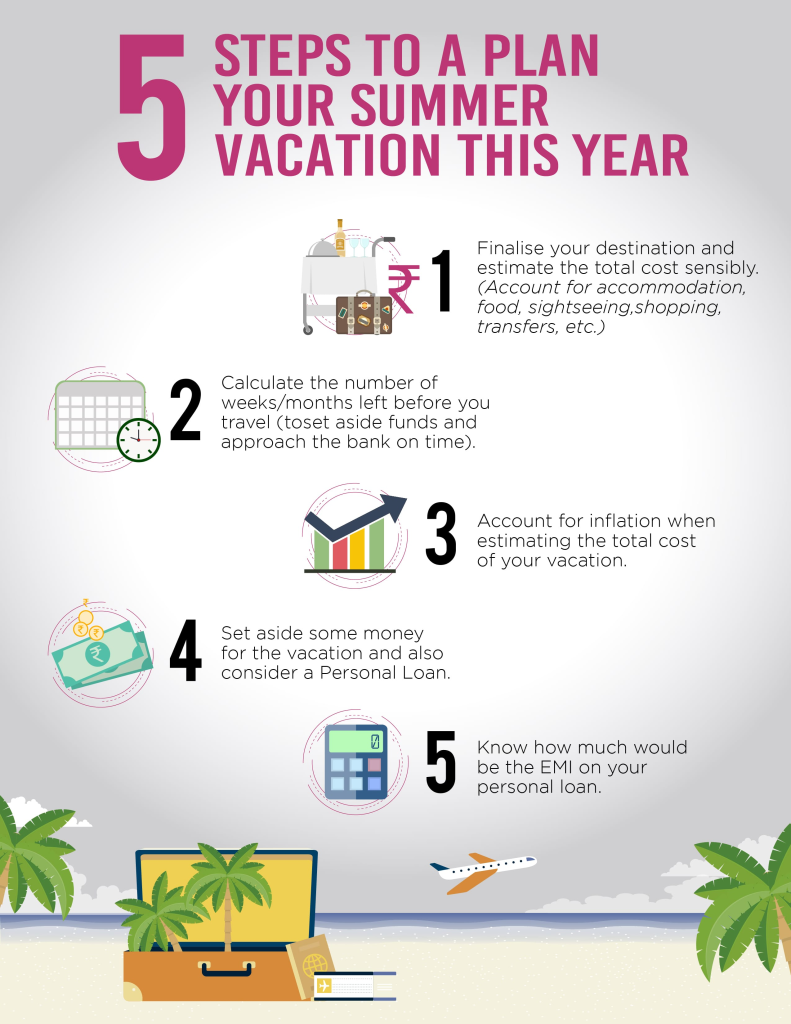As summer approaches, the excitement of summer vacation planning begins to fade for many Americans. A recent Bankrate survey reveals that only 46% of respondents indicated they are planning a summer getaway in 2025, down from 53% the previous year. Rising travel costs, along with an increase in consumer sentiment around potential recession effects, are causing many to reconsider their travel plans. Interestingly, more individuals cite everyday expenses as their primary concern over vacation costs, highlighting the economic anxieties felt nationwide. With uncertainty looming, it seems many are opting for a ‘wait and see’ strategy regarding their summer vacation plans.
With the summer season on the horizon, the landscape of holiday planning seems to be shifting significantly for travelers across the United States. Many individuals are reconsidering their travel options as they navigate an array of financial pressures and economic uncertainties. Factors such as soaring travel costs and a cautious consumer mindset contribute to fewer people committing to vacations this year. Additionally, the complex interplay of broader economic conditions, including inflation and potential recessionary fears, adds another layer of hesitation for those looking to book their summer excursions. As travel trends evolve, understanding these dynamics becomes crucial for making informed decisions about future holidays.
Overview of Summer Vacation Trends in 2025
In 2025, a significant shift is noticeable in the summer vacation planning landscape among Americans. According to a recent Bankrate survey, only 46% of Americans reported plans for a summer getaway, down from 53% in 2024. This decline demonstrates an evolving consumer sentiment influenced by economic uncertainties, such as rising travel costs and the looming threat of recession. There is a palpable sense of hesitation—particularly among those who typically indulge in seasonal travel, highlighting a cautious approach as many evaluate their financial priorities against leisure spending.
Despite the lower percentage of travel plans, it’s crucial to note that not all respondents are abandoning vacations altogether. A marked segment, though smaller than in previous years, still expresses intent to travel but may do so more selectively. Analysts suggest that the economic backdrop, characterized by increasing tariffs and inflationary pressures on everyday living expenses, has propelled consumers to reconsider their summer travel ambitions and plan more fiscally aware trips.
Frequently Asked Questions
What are the current trends in summer vacation planning among Americans?
According to a recent Bankrate survey, only 46% of Americans are planning a summer vacation in 2025, a decline from 53% in 2024. Factors influencing this trend include rising costs of living and concerns about potential recession, which lead many to adopt a cautious approach to travel.
How are travel costs affecting summer vacation planning for Americans in 2025?
While 64% of Americans cite travel expenses as a reason for not vacationing, the costs of everyday life are an even bigger concern for 68% of respondents. This dual worry significantly impacts summer vacation planning, making many reconsider their travel intentions.
How does consumer sentiment influence summer vacation planning?
Consumer sentiment has been declining, as noted by the Bankrate survey. This sentiment shift has resulted in many Americans being uncertain about their summer vacation plans, with those unsure rising from 18% in 2024 to 23% in 2025. Economic stability concerns, such as layoffs and inflation, contribute to this hesitance.
What are some reasons Americans are choosing not to travel this summer?
Beyond costs, many Americans cite the hassle of travel, with 16% indicating this as a factor. Additionally, 16% have trouble finding time off work, influenced by corporate policies pushing remote workers to return to the office. Concerns about flight safety, stemming from recent high-profile incidents, are also making people hesitant to vacation.
What impact is the recession having on Americans’ summer vacation plans?
The fear of recession is leading many Americans to rethink their summer vacations. As indicated by the Bankrate survey, recent economic pressures have caused travelers to take a ‘wait-and-see’ approach, ultimately reducing the number actively planning to travel this summer.
How do current travel trends compare to pre-pandemic levels?
Despite a decline in summer vacation planning, domestic spending on travel remains higher than in 2019 due to pent-up demand. However, the potential drop in international interest and the pressures of recession are causing airlines to scale back operations and expect lower travel demand.
What demographic shifts are evident in summer vacation planning for 2025?
The Bankrate survey indicates that lower-income households are disproportionately cutting back on travel, while wealthier travelers may be opting for international trips. The overall trend reflects a more cautious approach to summer vacation planning across various income brackets.
| Key Point | Details |
|---|---|
| Decrease in Vacation Planning | Only 46% of Americans plan to travel this summer, a decrease from 53% in 2024. |
| Economic Concerns | Fears of recession and recent tariffs have made travelers hesitant. |
| Everyday Costs vs. Travel Costs | 68% cited everyday life costs as a bigger concern than travel expenses (64%). |
| Uncertainty in Plans | The percentage of those unsure about summer plans increased from 18% to 23%. |
| Hassles of Travel | Increasing concerns about safety, work commitments, and the general hassle of travel. |
| Recent Consumer Confidence Reports | A slower start to year due to low consumer confidence and external factors. |
Summary
Summer vacation planning is increasingly being affected by economic pressures, leading to fewer Americans considering travel. As confidence in the economy wavers and everyday costs rise, many individuals are rethinking their summer plans. Despite this, domestic spending remains above pre-pandemic levels, indicating that travel continues to hold value for those who can manage it. Understanding these trends can help in making informed decisions about travel this season.



